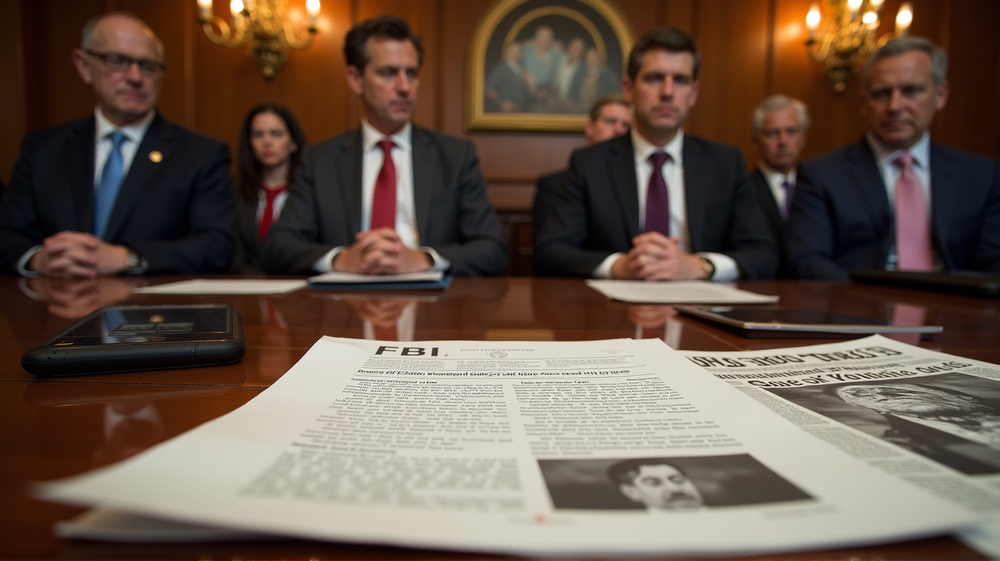FBI Faces Scrutiny Over Political Motivations in 2017 Shooting Investigation
Introduction: A Call for Transparency and Accountability
The echoes of gunshots during a 2017 Congressional baseball game practice still resonate today, drawing attention not only to the tragic event but also to the investigation that followed. According to a report by the House Intelligence Committee, the FBI’s handling of the shooting of Louisiana Congressman Steve Scalise has come under intense scrutiny. Initially labeled as “suicide by cop,” the investigation’s findings have since been revised, sparking debate about political influence and transparency within federal agencies.
Unveiling the Initial Oversight
The attack on Congressman Scalise, originally characterized by the FBI as a case of “suicide by cop,” has become a focal point for criticism. In the report released by the House Intelligence Committee, it was uncovered that the FBI misinterpreted critical information, downplaying the shooter’s political motivations. This mischaracterization led to questions about the agency’s impartiality and decision-making processes.
A Shift in Perspective
In 2021, after revisiting the case and examining more evidence, the FBI revised its initial findings, acknowledging the attack as an act of domestic terrorism driven by a “personalized violent ideology.” This reclassification has intensified calls for understanding why such significant factors were overlooked initially, prompting a renewed focus on how political beliefs in criminal cases are assessed.
Political Motivations and the Pursuit of Truth
The report, spearheaded by Rep. Rick Crawford and the Republican-led committee, accuses the FBI of intentionally downplaying the political motivations behind the attack. Crawford’s statement reflected a desire for transparency: “The FBI prematurely declared the case to be suicide by cop, misconstruing information, misleading the public, and misrepresenting the facts.”
The Role of Leadership: Director Patel’s Impact
Congressman Scalise applauded FBI Director Kash Patel for fostering accountability and for striving towards the truth. Director Patel’s engagement in reshaping the investigation’s direction highlights the necessity for leadership that champions transparency and accountability within critical investigations.
Recommendations for a Bias-Free Investigation
In light of these revelations, Congressman Scalise has urged Director Patel to adopt the Committee’s recommendations to eradicate bias within the intelligence community. By focusing on identifying those who contributed to the initial misjudgments, the FBI can better fulfill its mission of following facts without influence, wherever they lead.
Conclusion: Looking Forward
As investigators and lawmakers continue to unravel the complexities of political motivations in criminal cases, the call for transparency resonates louder than ever. The unfolding dialogue emphasizes the importance of vigilance and thoroughness in maintaining public trust in federal institutions.
As stated in WBRZ, the ongoing discussions around the FBI’s handling of the 2017 shooting highlight the vital need for agencies to operate free from political bias and with an unwavering commitment to uncovering the truth.




